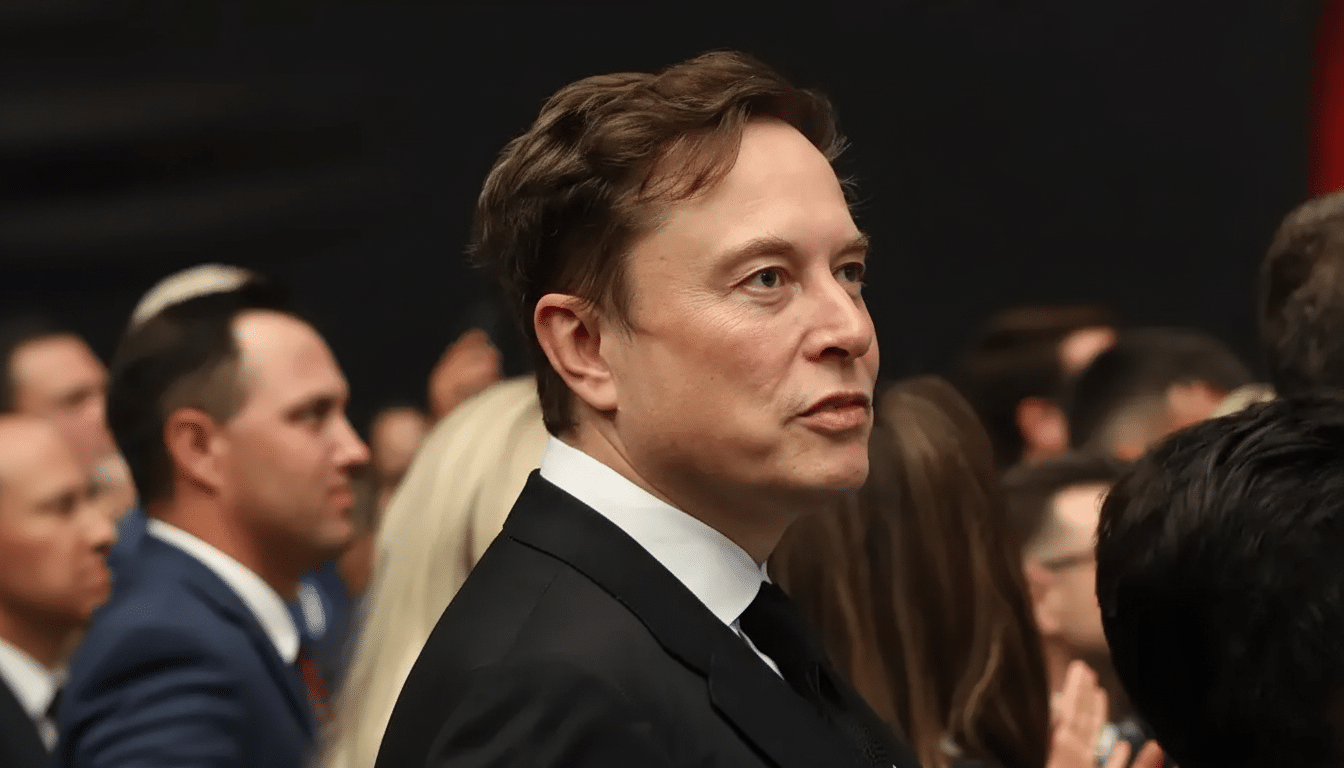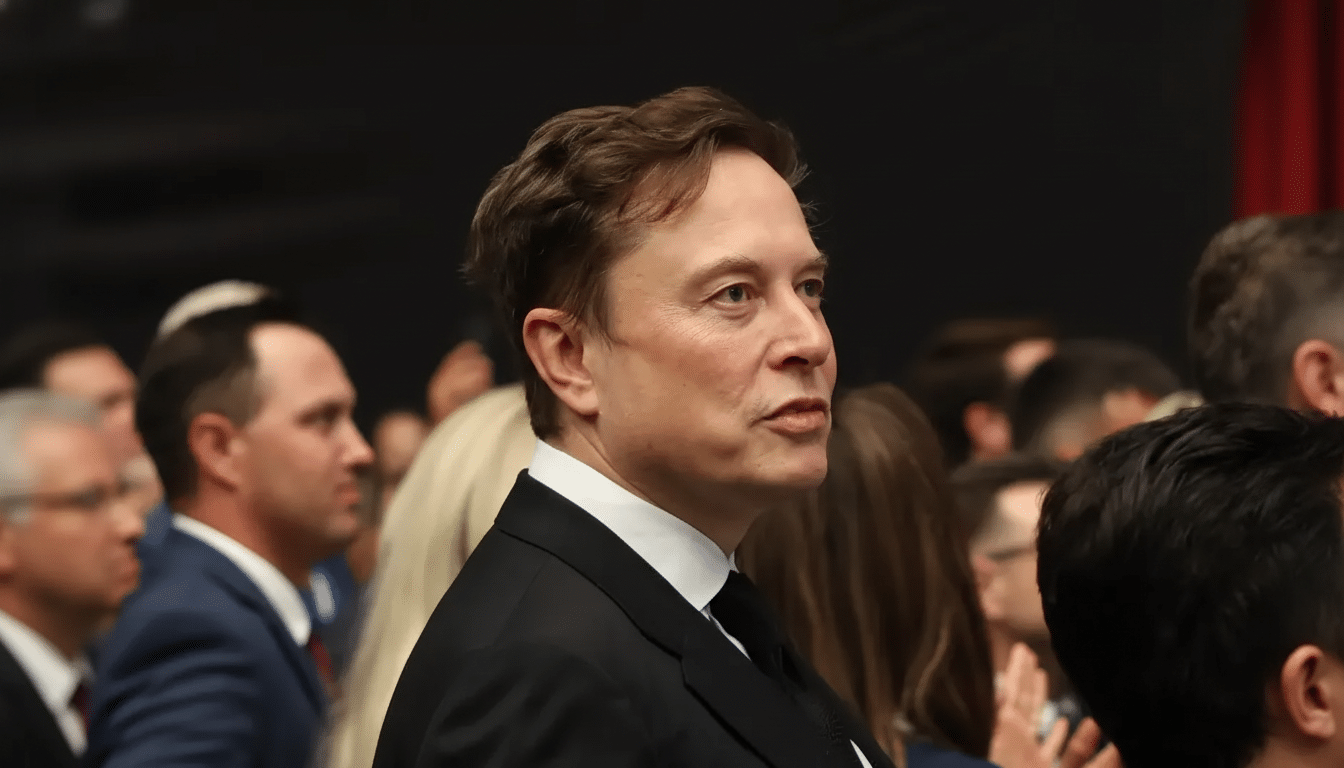Norway’s sovereign wealth fund has publicly stated its opposition to Tesla’s $1 trillion incentive scheme for CEO Elon Musk. The statement was made just days before the crucial shareholder vote and served as a strong institutional counterweight to the numerous opponents.
According to Reuters, Norges Bank Investment Management manages a 1.14 percent stake in Tesla — $11.7 billion by the middle of the year — and cited the plan’s size, dilution potential, and unresolved “key person risk” as specific concerns.

Although this doesn’t automatically kill the scheme, it raises the stakes. With proxy advisers already advising customers to vote down, and Tesla mounting an all-out assault on several fronts, the vote now serves as a litmus test for how far investors are willing to go to keep Musk in charge and control.
The fund is the largest sovereign wealth fund in the world, with over $1.6 trillion in assets and shares in thousands of publicly traded firms. It is unlikely that the fund’s holding of 1.14 percent of Tesla will be decisive, but its opposition is likely to be felt.
NBIM has been active in propelling shareholder value to the top of the agenda around the world, pushing for higher pay discipline, transparency, and powerful boardroom control.
The biggest NBIM problems are governance-related.
- The $1 trillion performance-related forecast is unprecedented.
- According to detractors, it will seriously dilute existing preferred investors if the scheme is modelled as a significant option grant.
- NBIM’s letter addresses a familiar Tesla risk — the current firm’s success appears heavily reliant on one individual and is thus critically exposed if that person steps back.
Proxy Advisers Weigh In Ahead of Crucial Vote
Institutional Shareholder Services and Glass Lewis have recommended that clients vote against the package, citing governance issues and valuation concerns. Not all asset managers march to proxy recommendations, but these firms can swing among undecided institutions — plus, given the following that would also follow a high-profile sovereign investor dissent like NBIM’s — you could point to an awful lot of volume going in NBIM’s favour.
It’s familiar territory for Tesla. A Delaware court struck down a previous, far smaller Musk award, finding faults with process and independence. While shareholders later re‑approved that package and Tesla altered its legal domicile, the episode focused investor attention on how the board designs and tracks Musk’s incentives.

Control vs. Compensation: The Stakes for Tesla
Musk has cast the new plan less as a payday and more as a way to reinforce control over Tesla’s long‑term direction, particularly in AI, robotics and autonomous driving. He has indicated that he might have other priorities if the prize does not — and with it, a clearer path to long-term control — come through.
That framing strikes a chord with many retail investors who credit Musk for Tesla’s ascent and want him to be totally locked in. But that only exacerbates the central governance dilemma: how to find visionary leadership without offering incentives that centralize power and diffuse ownership in ways few markets have ever experienced. But for some firms, the absence of more specific guard‑rails — tighter performance gates, longer multi‑year holding periods, sunset provisions or dubiously formatted succession planning — makes the leap too great.
What Could Influence the Result of Tesla’s Vote
Tesla’s shareholder base is unusually retail‑heavy for a mega‑cap, and retail enthusiasm has traditionally been an asset in tight votes. The company has been wooing investors with road‑map narratives involving full self‑driving, robotaxis and the Optimus humanoid robot, but some analysts say that specifics and time frames are thin relative to the potential value of the proposed grant.
Index majors like Vanguard, BlackRock and State Street also cast huge shadows. Their votes are frequently dependent on published pay principles and internal stewardship guidelines that focus on the alignment of performance with pay, independence of compensation committees and the scale of equity issuance. Double-dissuasion from the two main proxy advisers plus NBIM adds weight to the three firms’ “yes” votes, since it would all but beg an explanation.
Why This Vote Matters for Investors, Beyond Tesla
A $1 trillion CEO package would redraw the lines on executive compensation, and perhaps become the new benchmark for founders and technologists with outsize market influence. If it doesn’t, boards may feel more emboldened to resist mega‑grants, and fashion retention plans that are both more specific — with independently verified goals along the way — and have stronger clawbacks.
The NBIM vote is a signal for all investors around the world on how the largest pools of capital balance innovation against governance risk. Whether the proposal passes or not, the message from the sovereign and proxy voices is clear: The price of visionary leadership is not merely expansion but also guardrails. Investors will want both.

